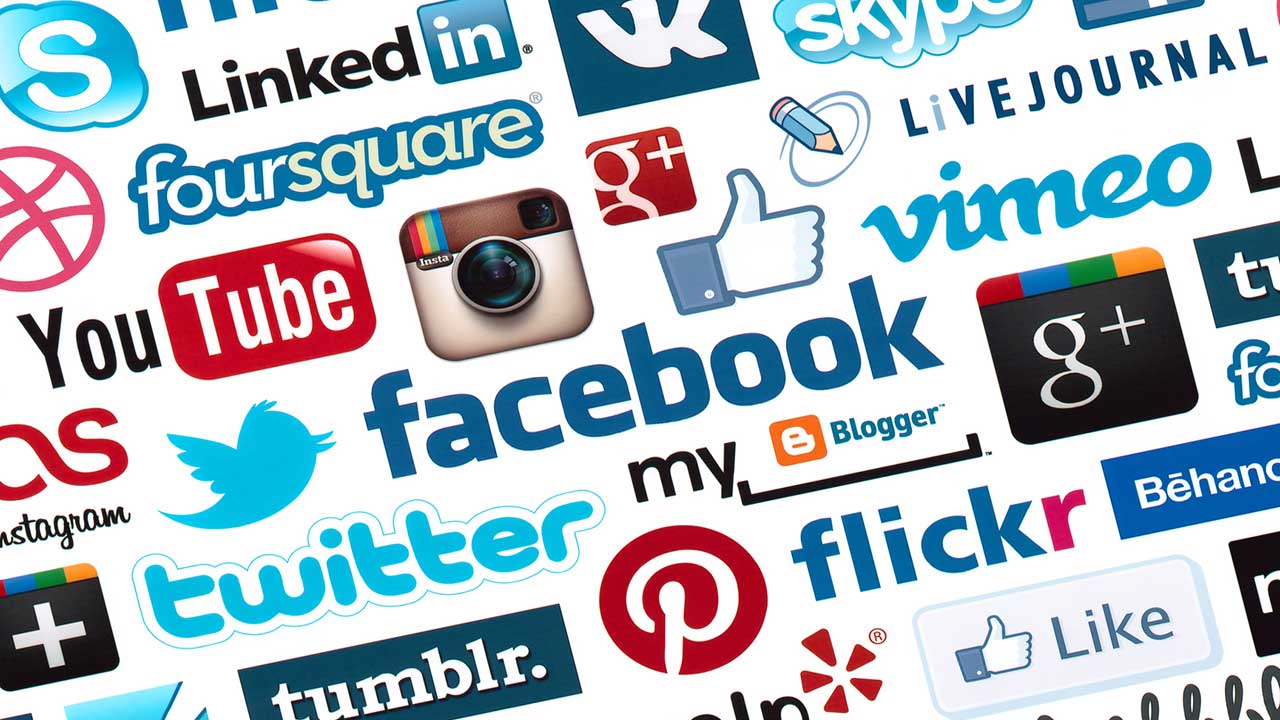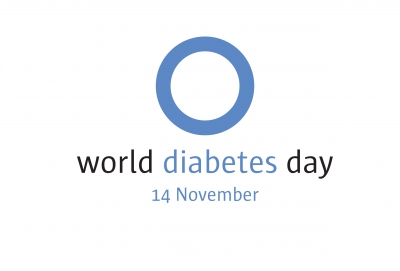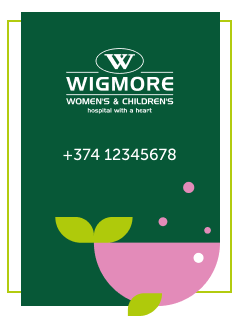Although many studies point to the negative impacts of social media on mental health and well-being, some researchers say they could have the opposite effect. Social networking sites could be a useful tool in identifying individuals with mental health issues.
Last year, Medical News Today reported on a study from researchers at the University of Missouri, which claimed that Facebook activity may be an indicator of a person's psychological health.
The team found that people who shared fewer pictures on the site communicated less frequently, had a longer profile and fewer Facebook friends, and were more likely to experience social anhedonia - the inability to encounter happiness from activities that are normally enjoyable, such as talking to friends.
Another study, from the University of California San Diego (UCSD), suggests that using social media may even spread happiness. The research team, led by James Fowler of the School of Medicine at UCSD, found that happy status updates encourage other users to post happy status updates themselves.
"Our study suggests that people are not just choosing other people like themselves to associate with but actually causing their friends' emotional expressions to change," says Fowler.
"We have enough power in this data set to show that emotional expressions spread online and also that positive expressions spread more than negative."
In fact, the researchers believe that this viral spread of happiness is so strong that if magnified, it could trigger an "epidemic of well-being."
"If an emotional change in one person spreads and causes a change in many, then we may be dramatically underestimating the effectiveness of efforts to improve mental and physical health."
Overall, it appears that the exact effects of social media on our mental health and well-being remain to be seen. But one thing is certain; our use of social networking sites is unlikely to fade anytime soon.

















